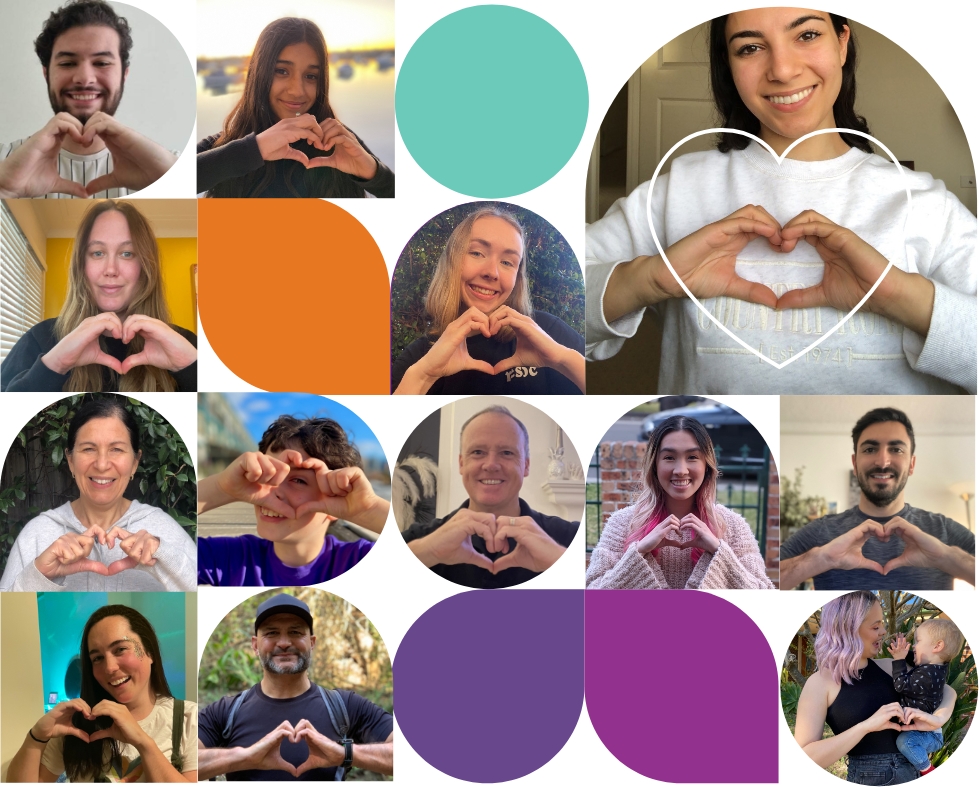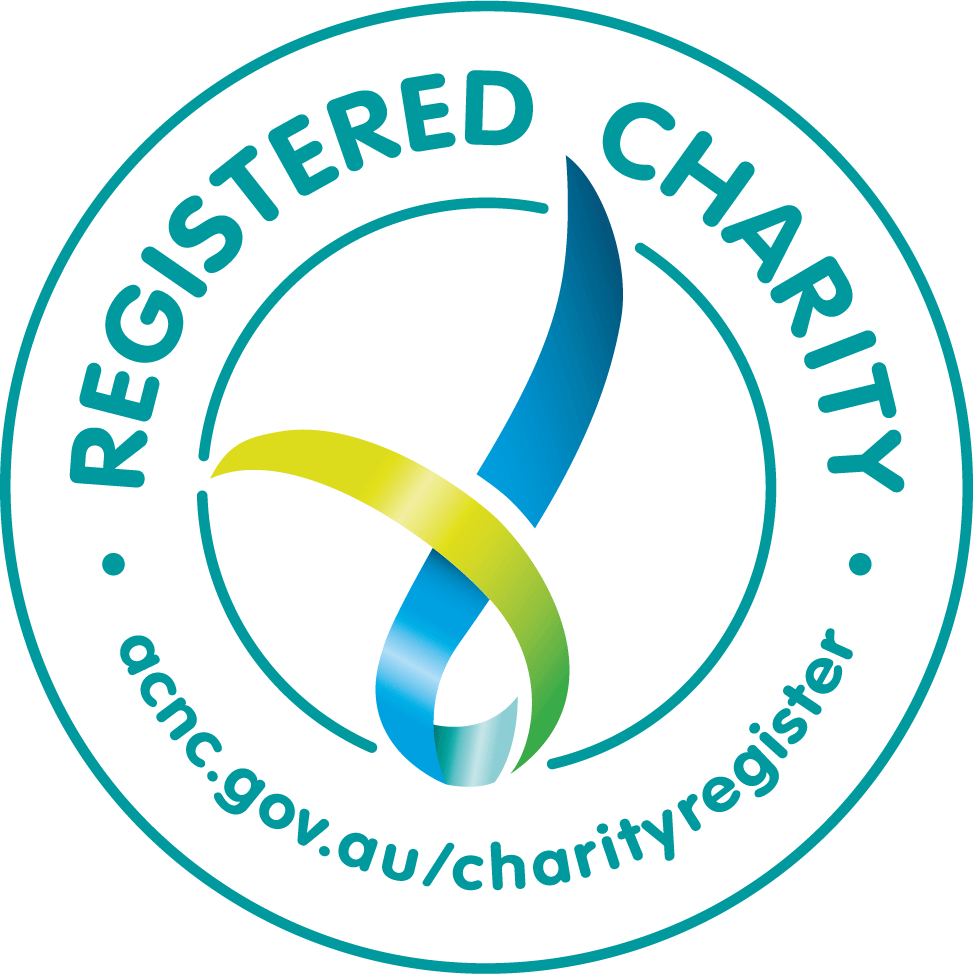The first signs that Rose was extremely unwell came when she was just three months old.
“She started vomiting during her feeds and it just got worse and worse,” her mum Matilda remembers. “She lost a lot of weight over a period of a week to 10 days.”
After visiting their local hospital in Cootamundra, the family were sent to Wagga Wagga Base Hospital, where Rose had a nasogastric tube inserted to help her gain much needed weight.
While in Wagga Wagga, Rose underwent a range of imagery and testing as doctors raced to get to the bottom of what was making her so sick.
Tests revealed worrying signs including an abnormally low blood sugar reading and poor liver function. She needed urgent treatment and care and was transferred to Sydney Children’s Hospital, Randwick.
There, Rose and her family were introduced to Genetic Specialist, Dr Rani Sachdev, who conducted the genetic testing that revealed what was making Rose so sick.
Rose was diagnosed with an extremely rare form of mitochondrial disease. Caused by a deficiency of the MPV17 membrane protein, there are fewer than 100 published cases of the condition worldwide. Rose is believed to be the only known survivor of the condition in Australia – a feat made possible by advances in genetic testing.
Matilda immediately began researching everything she could about mitochondrial disease. She says the more she learned, the more she feared for Rose’s chances of survival.
“I was completely alone with her in the hospital for about four weeks due to COVID lockdown, so I had plenty of time to research metabolic diseases. The prognoses and outcomes were devastating.
The reality of Rose’s diagnosis ended up being even worse than I feared. Survival rates were very low. 80% of children with the condition died in infancy from liver failure.
As a Mum, that’s heartbreaking stuff to read.”

But Matilda refused to give up on her brave little girl, and neither did her specialist team across Sydney Children’s Hospitals Network (SCHN).
Following her diagnosis, Dr Sachdev referred Rose to Dr Kaustuv Bhattacharya, Senior Staff Specialist in the SCHN Genetic Metabolic Disorders Service, who together with the metabolic multidisciplinary team, developed a specialised treatment plan.
At first, Rose’s treatment involved being tube fed every one to three hours around the clock to maintain a safe blood sugar level. She also needed regular appointments at The Children’s Hospital at Westmead with specialist metabolic dietitians and the liver team to monitor her development and liver function, with a team of nurses helping to oversee her care.
Meanwhile, Rose’s metabolic and liver specialists were working hard behind the scenes, reaching out to their colleagues around the world to get the very latest developments and discoveries on the treatment of Rose’s particular form of mitochondrial disease.
Initially, the treatment plan did help stabilise Rose’s condition, but over the next 18 months, her liver function deteriorated. Doctors were left with just one option to give her any chance of survival: a liver transplant.
Rose spent the next six weeks in hospital under constant monitoring, undergoing biopsies, tests and receiving constant fluid replacement infusions to stabilise her condition while she waited for a suitable liver to become available. It was an anxious wait, but Matilda knew it was the only option to save her little girl’s life.
“For the first time it felt like we had hope and a chance to move forward with her treatment. I was scared, but I was at peace with it because we had no other option for her.”
One day, they received the call they had been desperately waiting for – a liver had become available. Within a matter of hours, Rose was in surgery.
Even for an adult patient, a procedure as complex as a liver transplant comes with significant risks. Those risks multiply when the patient is a medically complex toddler like Rose. But to everyone’s surprise and delight, she ‘breezed through’ the procedure and made a faster recovery than anyone could have hoped.


Matilda says she is constantly amazed by the difference a new liver has made to Rose, who is now a bright, bubbly three-year-old who loves swimming, animals and playing with her big brother and sister.
“Most people didn’t realise how sick she was until after the transplant,” Matilda says. “That operation transformed her into a normal, happy child who felt well for the first time in her life. These days she wakes up and just runs until she goes to bed at night.”
Matilda knows she has the expert and experienced team at Sydney Children’s Hospital, Randwick and The Children’s Hospital at Westmead, as well as Rose’s generous organ donor and selfless family, to thank for Rose’s remarkable turnaround.
“I truly believe if we lived anywhere else in the world, Rose would not be with us today. The team at the hospitals are a different breed. They are incredible.
“The medical and nursing teams saved her life. They did the research and gave her a chance and, most importantly, they supported me in advocating for her every step of the way. I couldn’t be more grateful for everything they have done for Rose and my family.”
While Matilda is delighted and relieved that Rose is happy and healthy, she also knows that growing up with mitochondrial disease is likely to come with its share of challenges for Rose.
“The tricky thing is, because the condition is so rare, we don’t really know what happens to her from here. We do know there’s the likelihood she’ll have issues with things like mobility as she develops.
“One thing’s for sure. She’s going to need support from the metabolic and liver teams across Sydney Children’s Hospitals Network for the rest of her childhood...
“It’s comforting to know she’s in the best possible hands.”
With an uncertain future ahead, Matilda understands better than most why investing in research into rare conditions like mitochondrial disease is so important.
“The treatment and management of these conditions would not be possible without people’s donations. Those who make these donations are literally saving children’s lives and improving their quality of life.
Donate to The Amethyst Event today to help support world-class care and research for kids like Rose when they need it most.






